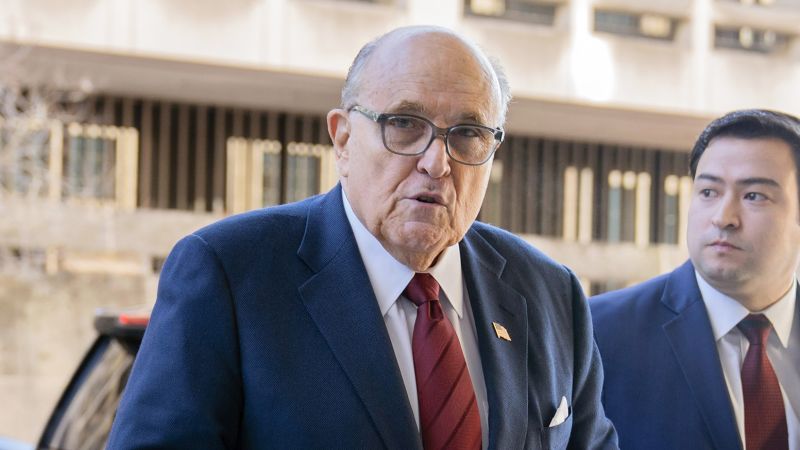The state of Georgia and local governments are giving Hyundai Motor Group $1.8 billion in tax breaks and other incentives in exchange for the automaker building its first American electric vehicle plant near Savannah, sources said Friday announced signed agreement.
The deal sees Hyundai investing $5.5 billion in its Georgia plant and hiring 8,100 workers. It’s the largest economic development deal in state history and comes just months after Georgia struck another major deal with electric vehicle maker Rivian to build a factory in the state.
“These generational projects not only cement our place at the forefront of the electric vehicle transition, but also ensure that thousands of Georgians across the state will benefit from the jobs of the future,” Pat Wilson, the state’s economic development commissioner, said in a statement .
Hyundai executives and Gov. Brian Kemp announced the deal in May at the project’s sprawling 1,170-acre site in Bryan County, west of Savannah. Hyundai plans to start building the plant next year and start producing up to 300,000 vehicles per year in 2025. The factory will also produce vehicle batteries.
But officials declined to reveal what incentives the automaker had been promised until after the agreement was signed.
The package released on Friday is worth around $300 million more than Rivian promised incentives. It amounts to Georgia and four counties in the Savannah region, giving Hyundai about $228,000 per job created.
Georgia officials insist it’s a worthwhile investment. Wilson said Hyundai’s payroll at the new plant is expected to reach $4.7 billion over 10 years. Parts suppliers are expected to create thousands of additional jobs in the state.
The $1.8 billion in stimulus is by far the largest subsidy package a state has ever promised for an auto plant, said Greg LeRoy, executive director of Good Jobs First, a group skeptical about subsidies for private companies.
“This is inherently super risky,” Mr. LeRoy said, “because you’re putting a huge amount of money on a company and a facility.”
Local governments are giving Hyundai more than $472 million in property tax breaks, although Hyundai will pay more than $357 million in lieu of taxes over a 26-year period beginning in 2023.
The company will also receive more than $212 million in state income tax credits at $5,250 per job over five years. If Hyundai didn’t owe so much state corporate income tax, Georgia would instead give the company personal income taxes collected from Hyundai workers.
The state and local governments spent $86 million to purchase the facility. And the state will spend $200 million on building and improving roads, plus another $50 million to fund construction, machinery and equipment. Sales tax exemptions for building materials and machinery costs are estimated at $396 million.
Georgia officials say the deal will require Hyundai to pay back some of the stimulus if the company falls below 80 percent of promised investment or employment.
Kia, another Hyundai Motor Group subsidiary, received more than $450 million in incentives for its West Point plant, southwest of Atlanta. Georgia has pledged $300 million in incentives to SK Innovation for a $2.6 billion battery plant employing 2,600 workers that the Korean company is building northeast of Atlanta.
Meanwhile, Hyundai said it was not aware of any evidence of child labor being used at its Alabama subsidiary.
Smart Alabama, a wholly owned unit of the Korean automaker, employs immigrant workers as young as 12, Reuters reported on Friday, citing family members of three underage workers, police officers and former and current factory employees.
Hyundai “is not aware of any evidence supporting the allegations,” spokeswoman Dana White said.
The Smart facility supplies parts to Hyundai’s assembly plant in Montgomery, Alabama, which produces the Santa Fe and Tucson compact SUVs and the Elantra sedan.
Smart denied that it “knowingly employed” anyone who was not eligible for employment, saying it relies on temp agencies to fill vacancies and “the law in recruiting, hiring and placing workers on its premises to follow,” general manager Gary Sport said in a statement.
Hyundai “does not condone illegal employment practices at any Hyundai company” and requires compliance with all local, state and federal laws, the company said in an email response to questions from Bloomberg News.
Updated July 23, 2022 at 9:10 am

:quality(70)/cloudfront-eu-central-1.images.arcpublishing.com/thenational/ZCFHOBQSLWRJLTTWDQQJWNWEQ4.jpg)






